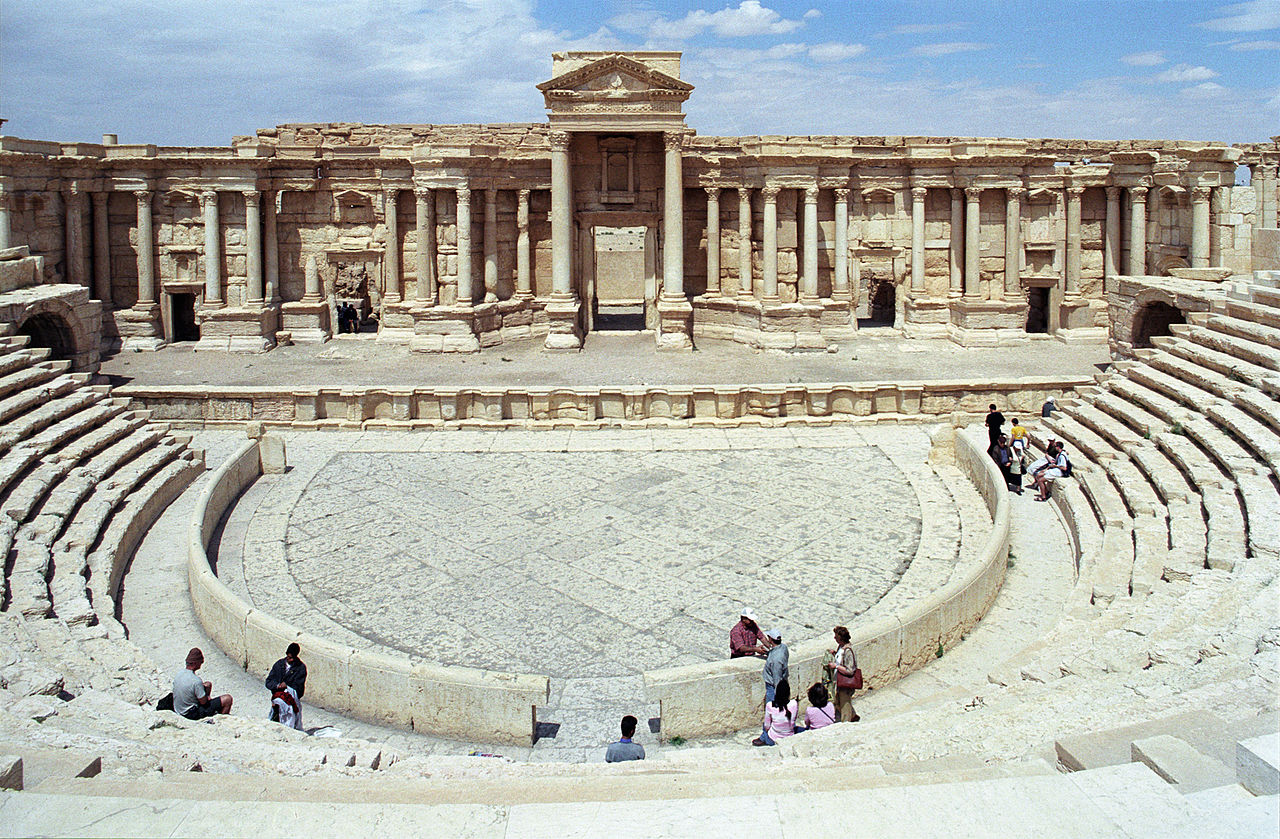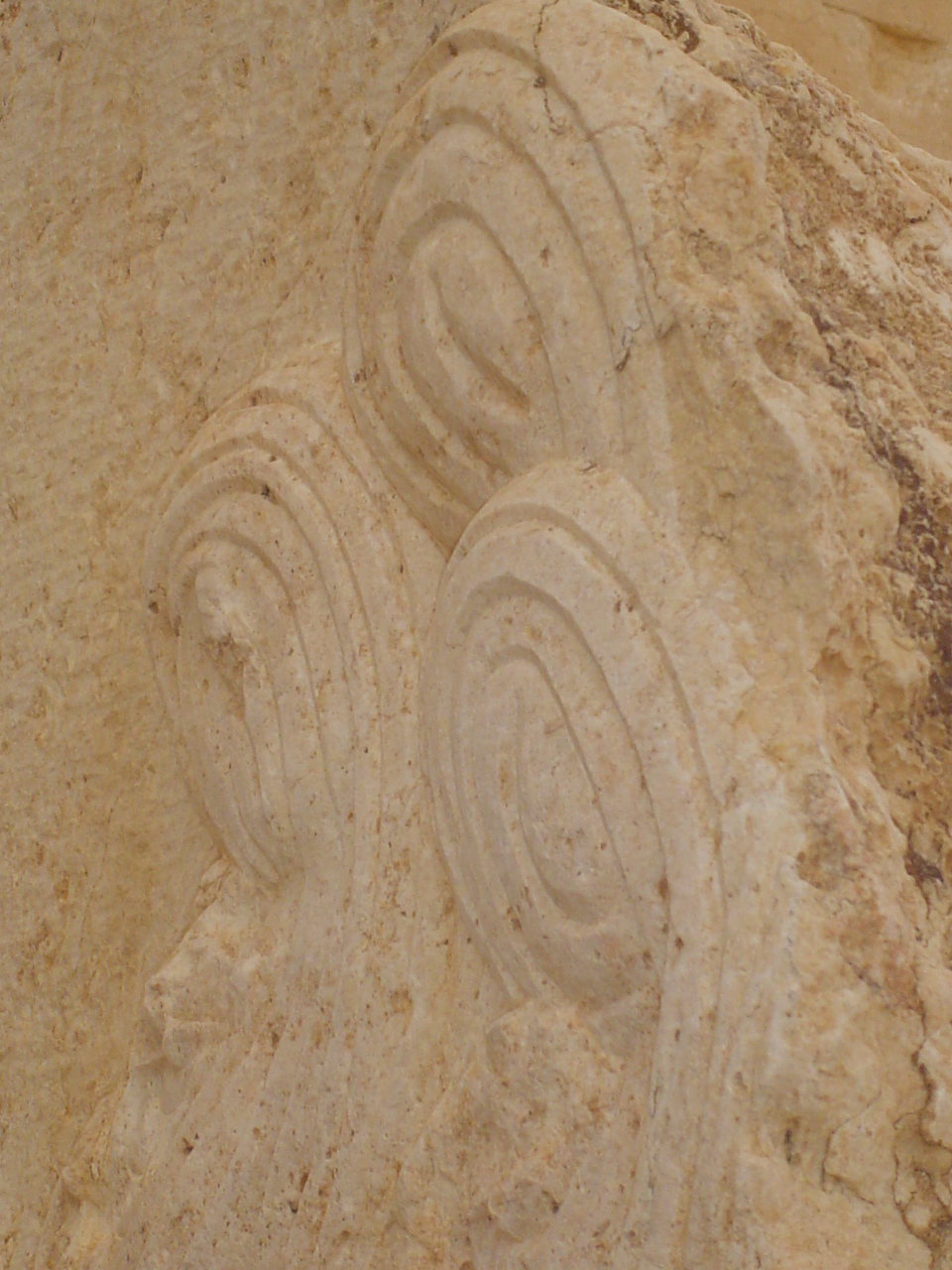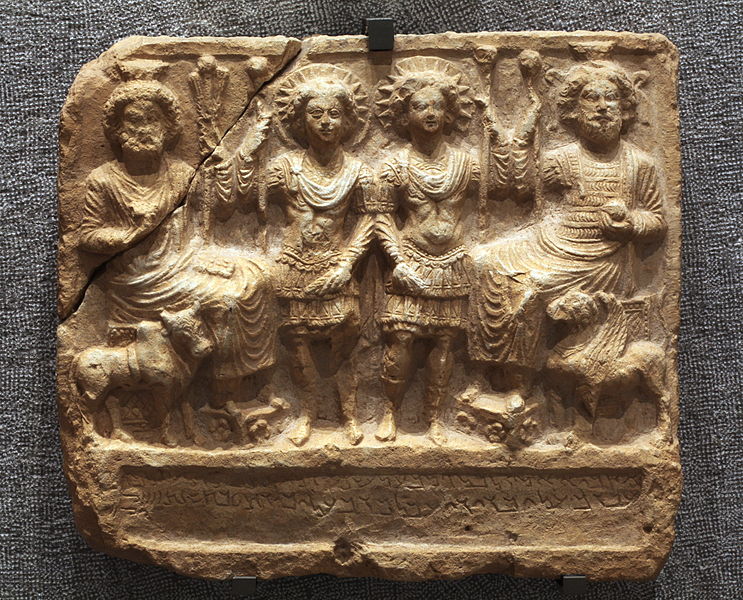A decade ago, Richard Lutz roamed the ruins of the ancient city of Palmyra. Today it is under threat from ISIS.
I like the bones of history. Ones that carry centuries of weight but stand silent, many of them without names nor a known past.
In Britain, which is rich in anonymous humps of rock and clay, we can stumble upon these physical memories just by walking in a Warwickshire field or a Highland glen. In the Syrian World Heritage site of Palmyra, now under threat from jihadist ISIS, the stones, the columns, the remains of palaces and arches have stood for 1,700, 2,000, 2,200 years. We know the history. But countless lives and stories are unknown, gone with the years., written in the wind.
Chunks of fluted and hand carved columns lie on their side, temples and homes line vanished streets, roadways bordered with the outlines of graceful architecture stand in the heat and dry air of the desert, all only two or three hours drive from Damascus.
Ten years ago, armed with a basic curiosity, I arrived in Palmyra. Its skeleton of stone emerged from the horizon, rising as a city in the sand.
It was as grand as Pompeii, as elegant as Irish carving in early Celtic churches, as silent as the Roman sites that reach into Scotland and dip into Africa.
Palmyra’s ruins are these bones of history, the remnants of a metropolis which once straddled important trade routes two millennia ago, reaching its apex in about 200 AD. It was rich, powerful, influential. The Romans finally took it under Diocletian’s rein to bolster the empire’s troublesome eastern frontier.
And then the city slowly slumbered back into the desert.
Today as it faces the murderous vapidity of ISIS ideology, it may live out its final days.The marauding rebels, without a context of history or a pride in what Syrian ancestors achieved, are ready to reduce it to rubble. It may vanish.
 All those years ago, I spent about two hours wandering through these stone memories. Syrian guides seemed pretty relaxed where you went, how you went about it, what you touched. The pillars and arches soared above us, buildings, which must have once been clothed in marble or gold, still created a sense of an immense wealth that ruled the trade routes.
All those years ago, I spent about two hours wandering through these stone memories. Syrian guides seemed pretty relaxed where you went, how you went about it, what you touched. The pillars and arches soared above us, buildings, which must have once been clothed in marble or gold, still created a sense of an immense wealth that ruled the trade routes.
It will truly be an unalloyed shame, if not an international crime, if ISIS reduces Palmyra… which has withstood desert storms, winds, erosion, heat and attack down the ages… to shard of stone, mere shapeless stones and geological junk.
Of course, ISIS may have other reasons for taking the area. There are the gas fields which can be exploited. And there are modern roads leading to Damascus and Homs. And there are vicious scores to settle with remaining government and police personnel.
But the destruction of the ancient site, which will be covered in blood by the murderous lunacy of ISIS, could serve this cretinous bunch for two reasons. Valuable artifacts, those not yet ferried away by Syrian archaeologists, can be sold on the illegal market. And secondly, the destruction of these ancient buildings is good video fodder to further enrage anyone with even a scintilla of interest of what made our human planet, how we treat our world’s past, how we all respect the story of our past.





The philistines are on the rampage… unleashed by Bush and Blair. The tragedy is only just starting to unfold, I fear.
Nice…but have we a solution? They are bound to want to destroy Palmyra because it predates the Muslim faith and therefore suggests that wisdom was there before it. The only thing which would prevent destruction would be an enormous cash payment, and if we refuse to do that to save people . . .what next?
You are right Richard. How could they ? Vandalism exposes one of the great weaknesses of our species. John Knox in Edinburgh.